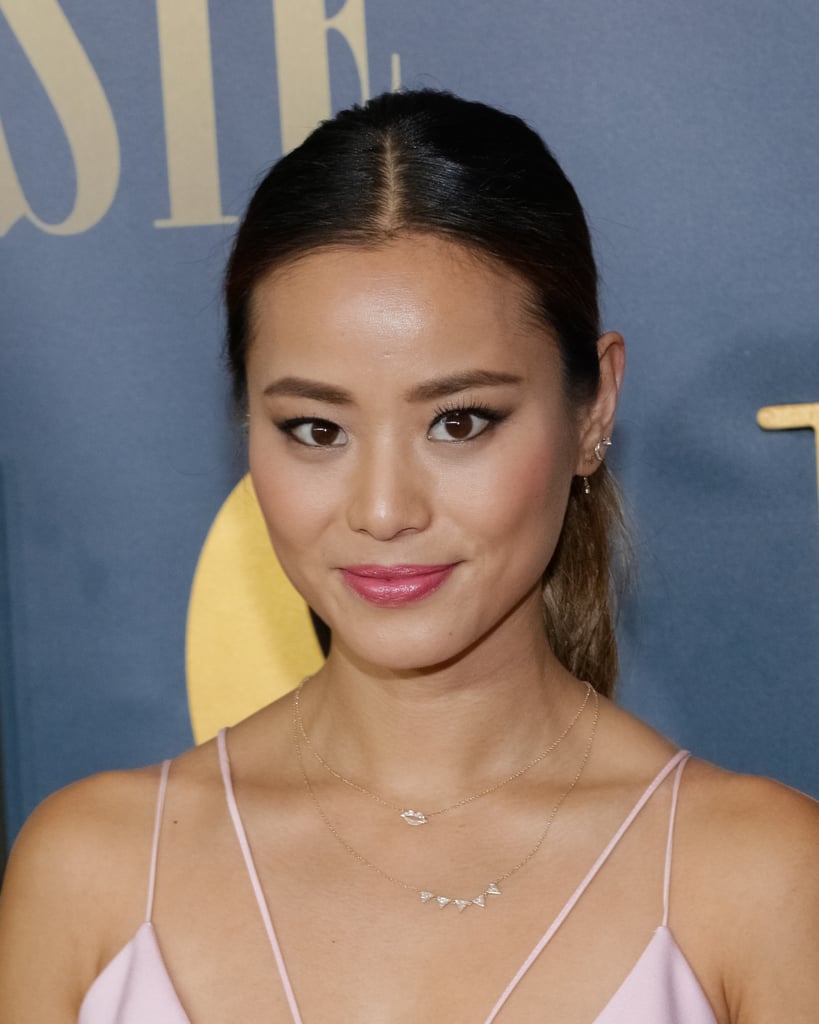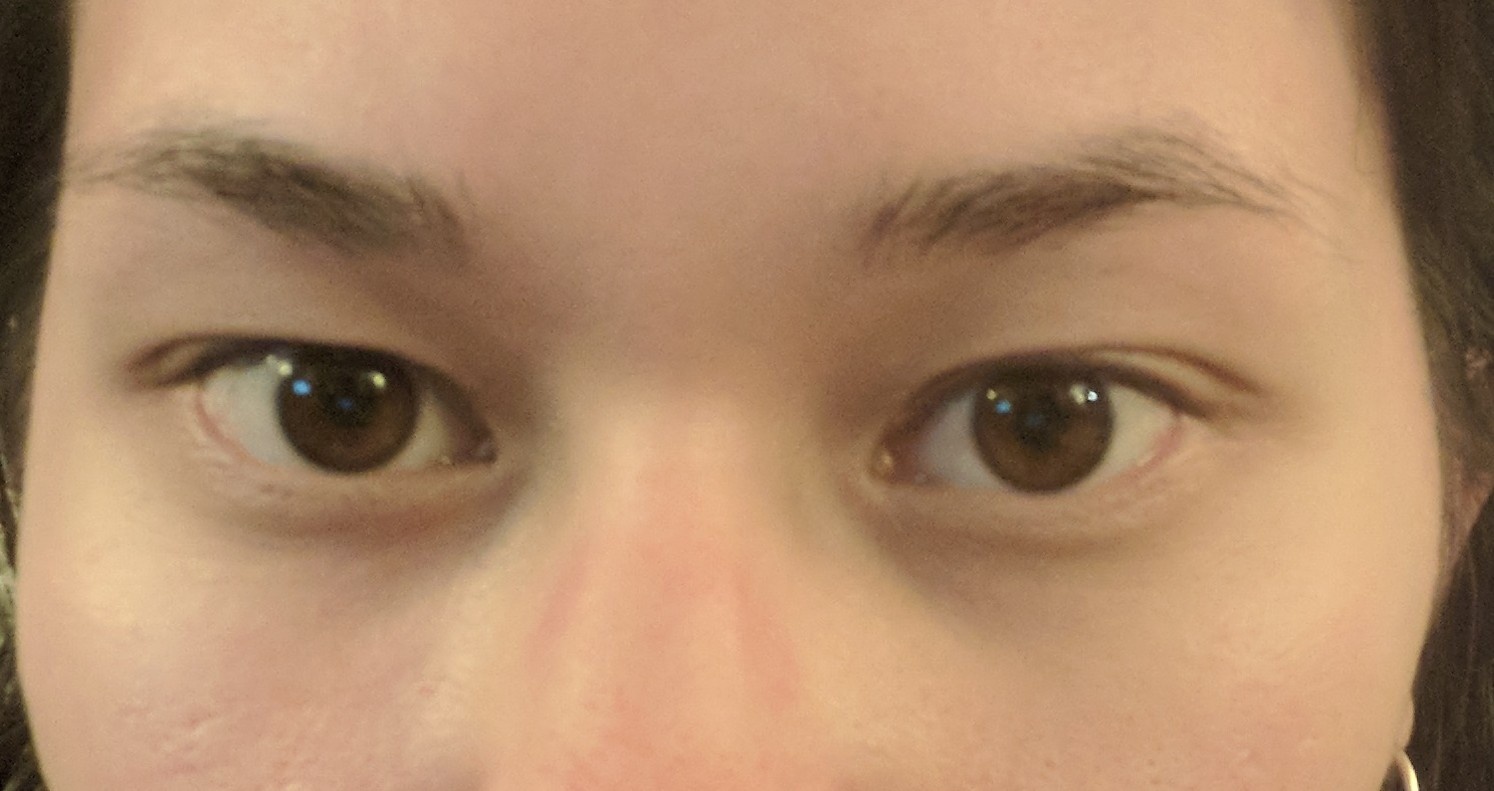

What it ignores is that, yes, there are Asian people who are born with the extra crease. What that presumption perpetuates is this idea that Asian people don't like the way they look. SF Gate added, "she surgically rearranged her face to look more white." Those reports would have you believe that this magic extra crease in someone's eye is exclusively a Caucasian trait that Asian people must obtain surgery to have. "atients who talk about getting an extra crease in their eyes risk criticism that they are trying to look more white," reported Southern California Public Radio. That's the way many news outlets have been talking about Chen's surgery on her eyelids. (Though Dries puts "Americanize" in scare quotes, the article she links to does not use that term.)īut there's also the idea, perhaps more disturbing, that American or "Americanize" is used as a synonym Caucasian or white. It's also the treatment of South Korean women that's a little off - white American women get botox, breast implants, facelifts, and collagen in their lips but aren't portrayed as attempting to mimic women of a different country or women of a different race. That's like using a random white American actress to point out a trend that's going on in some random Western European country like, say, the Netherlands. Chen is Chinese-American journalist who wanted to be on television. "Wednesday on The Talk, Julie Chen proved that she's not so different from the numerous women in South Korea famous for trying to 'Americanize' their faces when she revealed that, early on in her career, she got plastic surgery to make her look less Asian," Katie Dries wrote. One of the stories that covered Chen's admission of her surgery was the feminist site Jezebel. What we can do is look at how people treated that story.

We cannot turn back time and put the Julie Chen's original face back on television screens to see if that's true. The Internet has mostly called out these racists for their myopic views of what it means to be American.īut in that rampage, and with Davuluri's point in mind, we're still left with this inevitable and unavoidable question: Are Americans OK now that non-white kids are, in fact, the boys and girls next door? And more to the point of Julie Chen: Can we finally kill that irksome idea that someone is "too Asian" to be seen on television? Racists who think Davuluri doesn't represent them because she is Indian-American or whatever race, religion, or creed they mistakenly thought Davuluri was, are idiots. Minutes later, stories about social media's most awful racists started popping up - calling the Davuluri a terrorist, mixing up her ethnicity, amon g other thin g s - in short, these awful people believed that this stunning woman wasn't a good representation of American beauty because she wasn't white. I wasn't entirely convinced that a woman discussing plastic surgery in a competition where she is scored on what she looks like in a swimsuit was an actual turning point in the way Asian people and our looks are discussed. And Miss America is always evolving," Davuluri said during Sunday night's pageant, an answer that helped her win the title of Miss America. "I’ve always viewed Miss America as the girl next door.

It was a meta-moment: Nina Davuluri, who would go on to be the first Indian-American Miss America was asked a question about Julie Chen, a woman who was told she looked "too Asian" to be on a television screen delivering the news some 20 years ago.
#ASIAN EYES ARCHIVE#
This article is from the archive of our partner.


 0 kommentar(er)
0 kommentar(er)
